The New Frontier
by Lisa VanDamme
In my recent research of and visits to high schools, I have learned of the emergence of a new educational trend: student-led classrooms. The teacher, according to this theory, should act as “a guide on the side, not a sage on the stage,” simply facilitating, managing, and directing the students’ own work and discussions. But many of today’s schools are taking this still further, relegating the teacher to a near passive observer of classroom goings-on. He or she is there to do little more than encourage the students’ independently-formulated theses and act as a sort of conversation traffic-director.
If you read the literature about “student-led classrooms,” you will hear all sorts of stirring claims to grandeur. This model, they say, is “the way of the 21st-century classroom,” one that deftly blends “creativity and teamwork.” It encourages “active learning” and “out-of-the-box thinking,” rather than “passive absorption of lectures.” It allows children previously stifled by an authoritarian educational system to “find their own voice” and to “discover their own truth.”
The other day, I paused in reflection on this trend after teaching a group of 8th graders Badger Clark’s poem The Westerner. (You can read the poem here.)
The Westerner is a moving portrayal of the pioneering spirit, of the man of independence, self-sufficiency, and progress. The class had recently finished—and deeply enjoyed—the novel Shane (also made into a classic 50’s western), and I knew this poem would help them to capture in efficient and eloquent language the traits they had come to adore in the novel’s hero.
This is a bright and well-read group of students, but when I recited the poem aloud the first time and asked the class to share what they believed to be its basic meaning, I was met with blank and intimidated stares. From the opening line, “My fathers sleep on the sunrise plains, and each one sleeps alone…” the poem is wrought with subtlety of meaning, conveyed in an abstract and metaphorical form. The poem’s substance and value were not readily accessible—unearthing them would take diligent work, and it would take my guidance. As we worked through the poem, step by meticulous step, they delighted as they saw the meaning unravel before them.
The most memorable part of our discussion concerned the first lines of the final stanza: “The sunrise plains are a tender haze/And the sunset seas are gray,/But I stand here, where the bright skies blaze/Over me and the big today.” “What,” I asked them, “are the ‘sunrise plains’?” After an initial silence, someone tentatively suggested, “Heaven?” “No…” I said with a grin, and then tried to emphasize the juxtaposition of sunrise plains and sunset haze. “The open range?” someone else suggested (probably because it featured prominently in Shane), to which I again said, “No…,” and then added as another point of contrast in my refrain of sunrise plains and sunset haze—“the big today.” “The East?” someone offered, in response to which I squealed, “No!” This time it was met with giggles among the class, who were entertained by my adamancy and increasingly eager for my explanation.
When I finally explained that the “sunrise plains” were the past, the “sunset seas” were the future, and the “big today” was the present, they became uniformly wide-eyed, and from them emerged a low chorus of “oooooohhhhhh” in understanding. They were then able to integrate this with the remaining lines in the stanza, grasping the idea that the pioneering man neither laments the past nor idly contemplates the future, but takes action in the present, knowing that life is short and must be lived for all it’s worth. Then, not a moment later, one of them spontaneously volunteered, “I love this poem!”
What would have happened in a “student-led classroom,” with me sitting to the side, urging them to explore and express their own inaccurate, unfounded opinions? Would those initial blank stares have been followed by arbitrary conjectures, in the name of having an opinion and thinking freely? Would they have spent time rhapsodizing about metaphorical suggestions of “heaven” and “the open range” that didn’t exist in the poem? Would they ever have arrived at any meaningful understanding of the author’s intention? Would they have—could they possibly have—come to love the poem?
Advocates of the “student-led classroom” would claim that they are pioneers, charting new and enlightened frontiers in education. But the true pioneers knew that frontiers are not built on ignorance, assertiveness, and free, unexamined opinion. Badger Clark’s Westerner makes the following vow:
They built high towns on their old sills,
Where the great, slow rivers gleamed
But with new, live rock from the savage hills
I’ll build as they only dreamed.
A proper education too must be rock-solid, built of real knowledge, rigorously logical thought, and clear, well-founded, precisely-articulated conclusions. I hope those who understand the emptiness of this “student-led” method will help me to expose these “new frontiers” in education for the flimsy facades they are. And I hope you will remember that – the world is ours to win.


